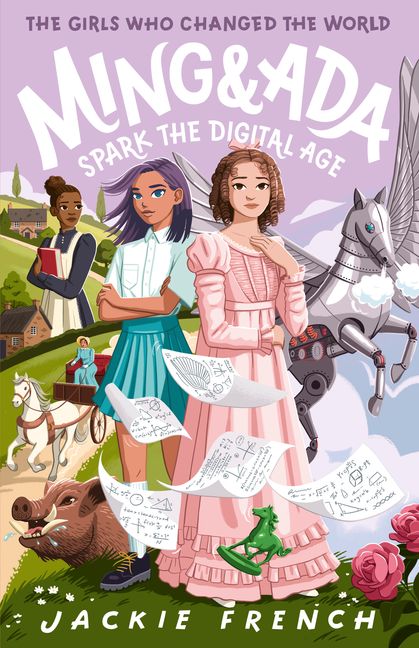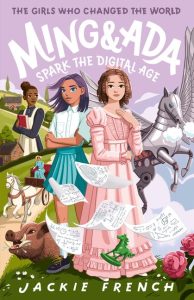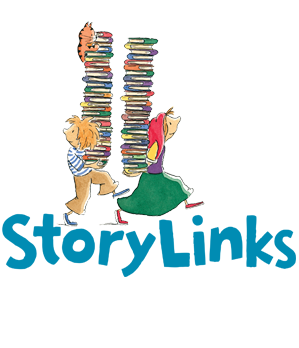




 Jackie French AM is one of Australia’s most popular authors, having written more than 140 books spanning all reading ages and genres. She was the Australian Children’s Laureate for 2014/15 and the 2015 Senior Australian of the Year.
Jackie French AM is one of Australia’s most popular authors, having written more than 140 books spanning all reading ages and genres. She was the Australian Children’s Laureate for 2014/15 and the 2015 Senior Australian of the Year.Error: Contact form not found.
